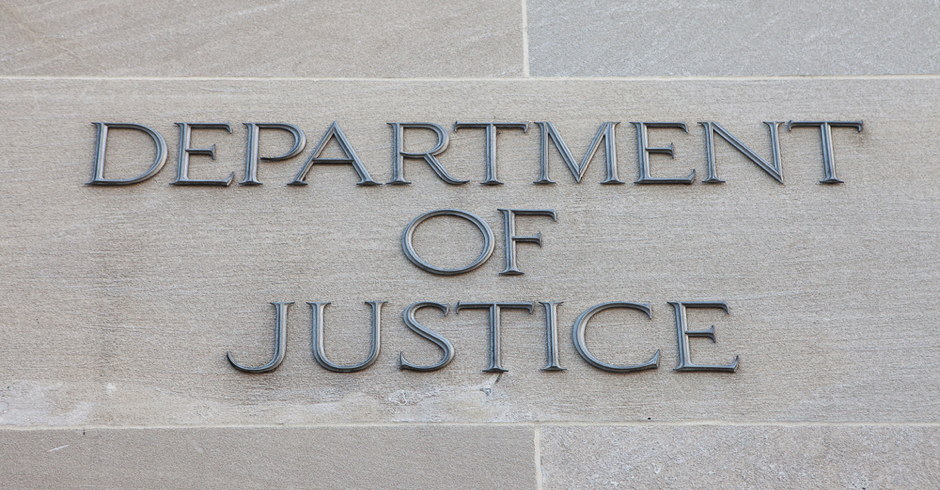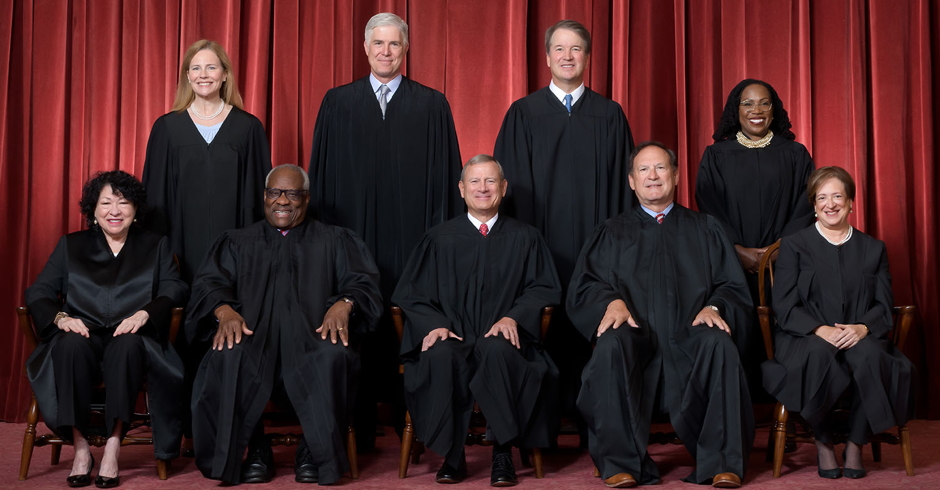Texas GOP Welcomes Gay Group – Because They Aren’t ‘Advocating’ For Gay Rights
State Republican Party OKs Convention Exhibit From One LGBT Organization But Not Another
The rabidly anti-gay Republican Party of Texas is fine with “homosexuals” having a booth at its state convention this year — as long as they keep quiet about being denied their civil rights.Â
For the first time in its history, the Texas GOP voted to allow a booth sponsored by an LGBT group — Metroplex Republicans of Dallas — at the convention in May. But the party also denied a booth request from another LGBT group, Log Cabin Republicans, which has unsuccessfully sought to be formally included in the convention for 20 years. Â
A Texas GOP official who serves on the committee that considers booth applications said Metroplex Republicans was approved because the group doesn’t openly advocate for LGBT rights, despite the fact that it was founded by gay former Log Cabin members.Â
“I don’t find that anywhere in their literature or their website,†State Republican Executive Committee member Jean McIver told me for a story in The Texas Observer. “I’ve gone to Metroplex meetings in the past a couple of times. I didn’t find that they were advocating for anything contrary to the principles of the party.â€
Although Metroplex Republicans is widely known to be an LGBT group, its website contains very little information or advocacy related to equality issues. However, the site does include a rainbow aesthetic as well as a graphic that appears to depict same-sex couples holding hands.Â
Metroplex Republicans was launched by former Log Cabin members in 2011, after a local split that mirrored a national rift among gay conservatives.Â
Jimmy LaSalvia and Christopher Barron, two former staffers for National Log Cabin Republicans, left and launched a more conservative competing group, GOProud, in 2009, saying they felt their previous employer had become too centrist.Â
Rob Schlein, who was then president of Log Cabin Republicans of Dallas, invited LaSalvia and Barron to speak at the group’s annual dinner in 2011. Shortly thereafter, National Log Cabin Republicans de-chartered the Dallas chapter, then re-chartered a new one, saying Schlein had “engaged in a consistent pattern of behavior that detracts from the mission of our organization.â€
Schlein, who now leads Metroplex Republicans, confirmed Monday that the group’s booth application had been approved by the Texas GOP, but declined further comment. According to the Texas GOP’s online list of convention booths, Metroplex Republicans will “engage in party building activities” at the event.Â
Jeff Davis, president of Log Cabin Republicans of Texas, said he feels the party is splitting hairs and trying to have it both ways by allowing the Metroplex Republicans booth but denying his group’s application. Two years ago, both groups were denied.Â
https://www.youtube.com/watch?v=3TMNHJoH8zI
“I think the party wants to be able to point to Metroplex and say, ‘See, we let gays in,'” Davis said. “It seems like to get a booth, you can believe anything you want. You just can’t say it.â€
The Texas GOP platform endorses harmful so-called “ex-gay” therapy and opposes same-sex marriage.Â
“Homosexuality is a chosen behavior that is contrary to the fundamental unchanging truths that have been ordained by God in the Bible, recognized by our nation’s founders, and shared by the majority of Texans,” the platform states.
McIver, the State Republican Executive Committee member, said she was under the impression that Metroplex Republicans split off from Log Cabin because Log Cabin was openly advocating LGBT rights.Â
“I have several homosexual friends. I respect them as people, but I don’t like the lifestyle, but they’re not advocating for that lifestyle, so I’m not sure what you’re wanting here,” McIver told me. “God loves them just like he loves me. I’m not saying I’m any more righteous. I know what prompted your call. Somebody’s out here on a witch hunt.”Â
Â
Image via Facebook

Enjoy this piece?
… then let us make a small request. The New Civil Rights Movement depends on readers like you to meet our ongoing expenses and continue producing quality progressive journalism. Three Silicon Valley giants consume 70 percent of all online advertising dollars, so we need your help to continue doing what we do.
NCRM is independent. You won’t find mainstream media bias here. From unflinching coverage of religious extremism, to spotlighting efforts to roll back our rights, NCRM continues to speak truth to power. America needs independent voices like NCRM to be sure no one is forgotten.
Every reader contribution, whatever the amount, makes a tremendous difference. Help ensure NCRM remains independent long into the future. Support progressive journalism with a one-time contribution to NCRM, or click here to become a subscriber. Thank you. Click here to donate by check.
 |




















